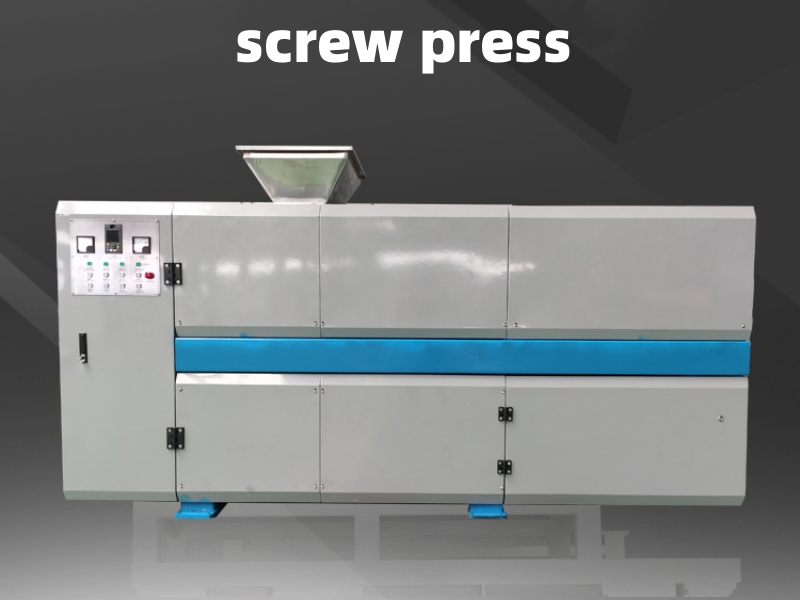
Introduction:
Food waste has become a critical global issue, contributing to environmental degradation and resource depletion. To address this concern, innovative technologies such as the Food Waste Press Dewatering Machine have emerged as promising solutions. This article explores the environmental significance of this machine in mitigating the adverse effects of food waste.
Reducing Landfill Burden:
One of the primary environmental benefits of the Food Waste Press Dewatering Machine is its role in reducing the burden on landfills. Food waste, when disposed of in landfills, generates methane, a potent greenhouse gas contributing to climate change. By dewatering food waste before disposal, this machine minimizes the volume of waste sent to landfills, subsequently reducing methane emissions and alleviating pressure on these already overburdened sites.
Energy Recovery:
The Food Waste Press Dewatering Machine facilitates energy recovery from food waste. Traditional disposal methods often result in valuable organic matter being buried in landfills, where it decomposes anaerobically, releasing methane. In contrast, dewatered food waste can be utilized in anaerobic digestion or composting facilities to generate biogas or nutrient-rich compost. This harnessing of energy and nutrients from food waste contributes to a more sustainable and circular approach to waste management.
Water Conservation:
Dewatering food waste also plays a role in water conservation. The machine extracts excess moisture from the waste, reducing the overall water content before disposal or further processing. This not only lowers transportation costs but also minimizes the environmental impact associated with treating and managing large volumes of liquid waste. Water conservation is critical in the context of global water scarcity, making the Food Waste Press Dewatering Machine a valuable asset in promoting responsible resource use.
Mitigating Greenhouse Gas Emissions:
In addition to reducing methane emissions from landfills, the Food Waste Press Dewatering Machine aids in mitigating other greenhouse gas emissions associated with food waste management. By promoting practices such as composting and anaerobic digestion, this technology contributes to the reduction of carbon dioxide emissions, fostering a more sustainable and environmentally friendly waste management system.
Conclusion:
The Food Waste Press Dewatering Machine stands as a pivotal tool in the battle against food waste and its environmental repercussions. Its ability to reduce landfill burden, promote energy recovery, conserve water, and mitigate greenhouse gas emissions underscores its significance in fostering a more sustainable and eco-friendly approach to food waste management. As societies strive to address the challenges of resource depletion and climate change, embracing innovative technologies like the Food Waste Press Dewatering Machine becomes imperative for a greener and more sustainable future.




If your company wants to establish a business relationship with us, please briefly describe the cooperation intention and send an email to:chuantaiscrewpress@gmail.com























































































![[list:title]](/static/upload/image/20240528/1716877114510915.jpg)